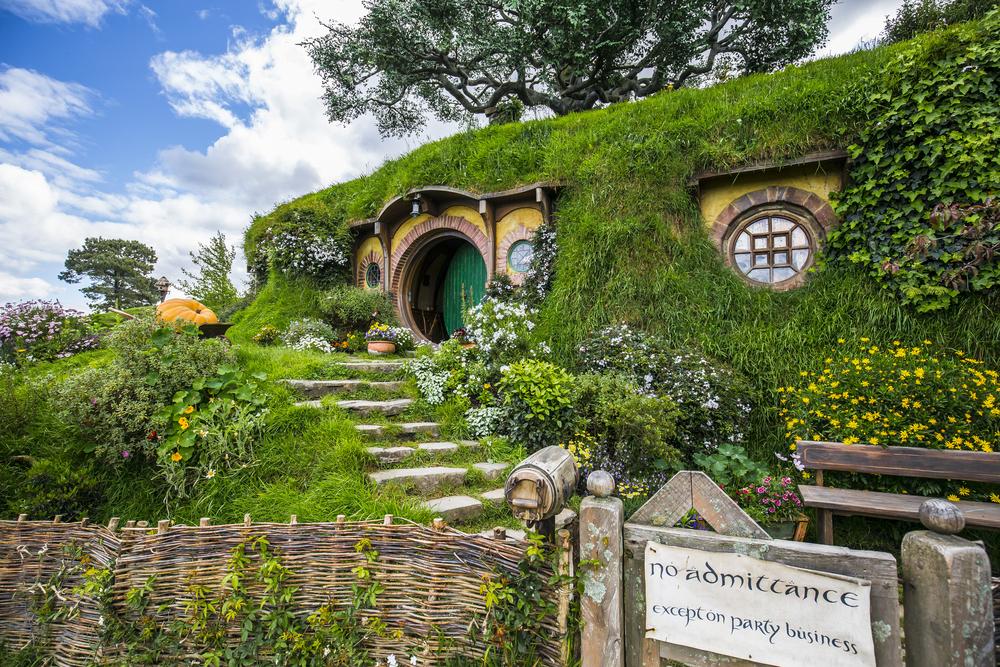The New Zealand government is to try to regain the country’s status as a movie location of choice for big-budget Hollywood productions—something that saw Wellington widely referred to as “Wellywood” in its heyday.
To do so, available funding for the International Screen Production Rebate will increase to $250 million (US$147 million) for 2024/25, and to $210 million from 2025/26 onwards.





